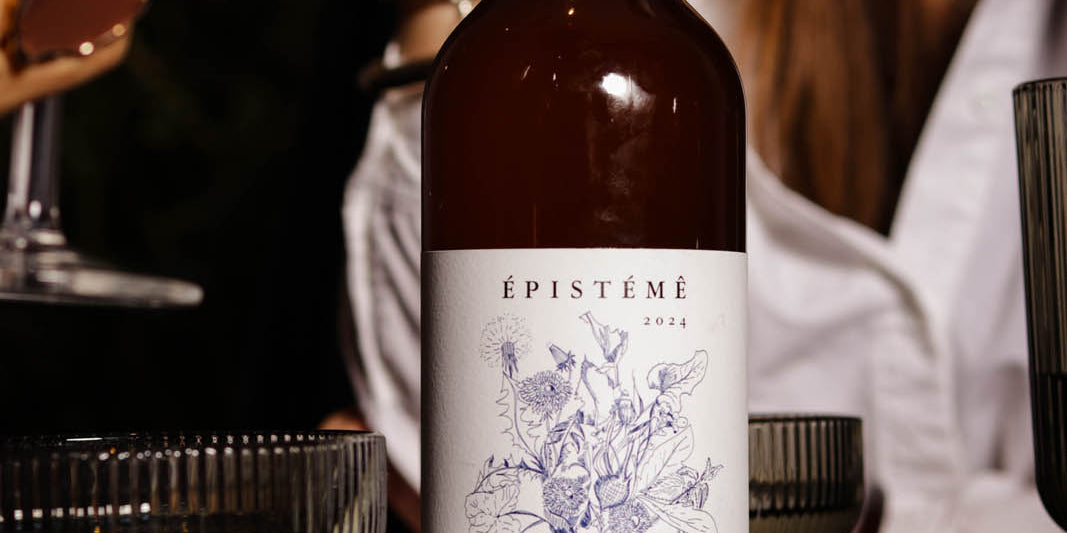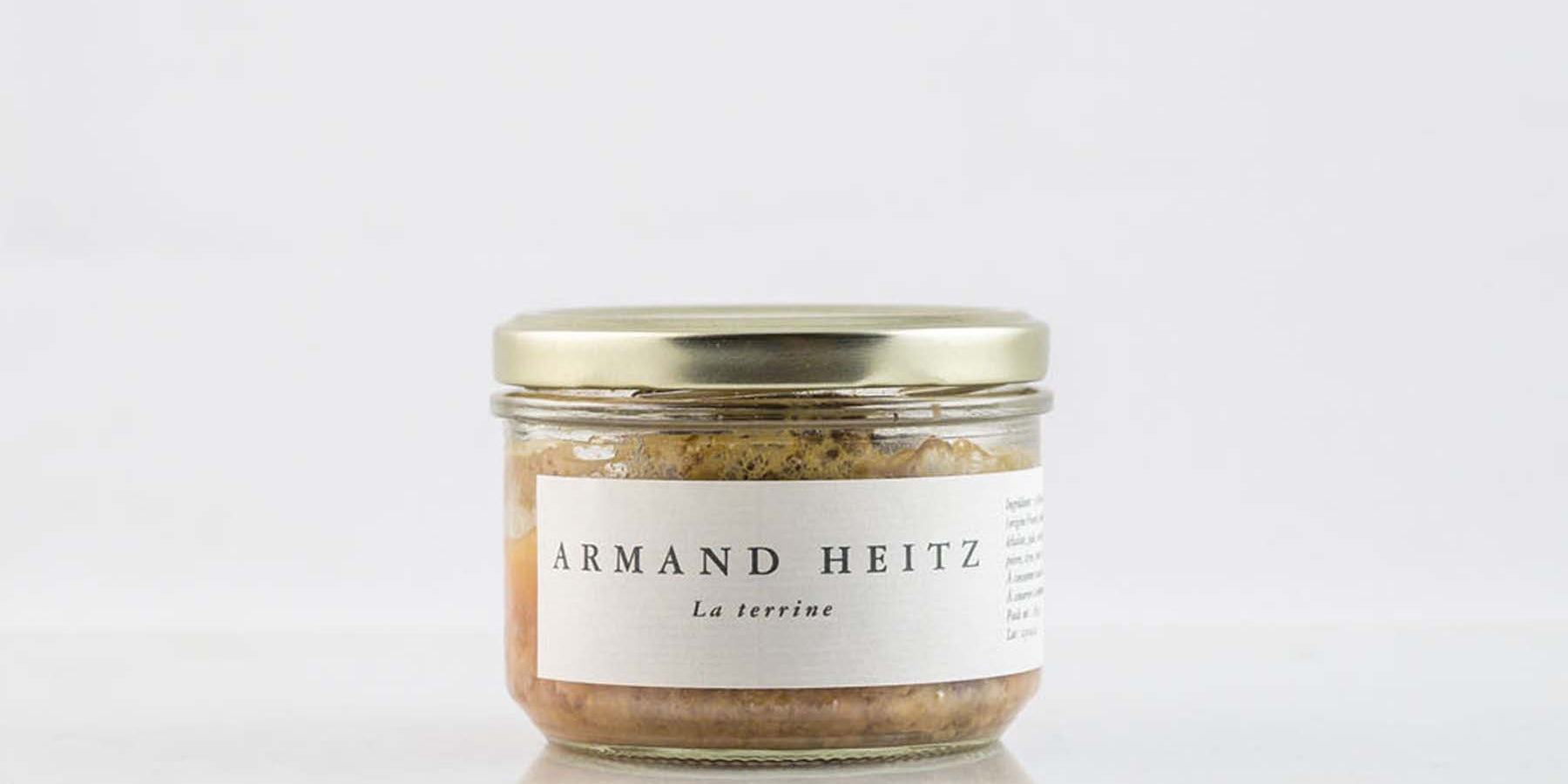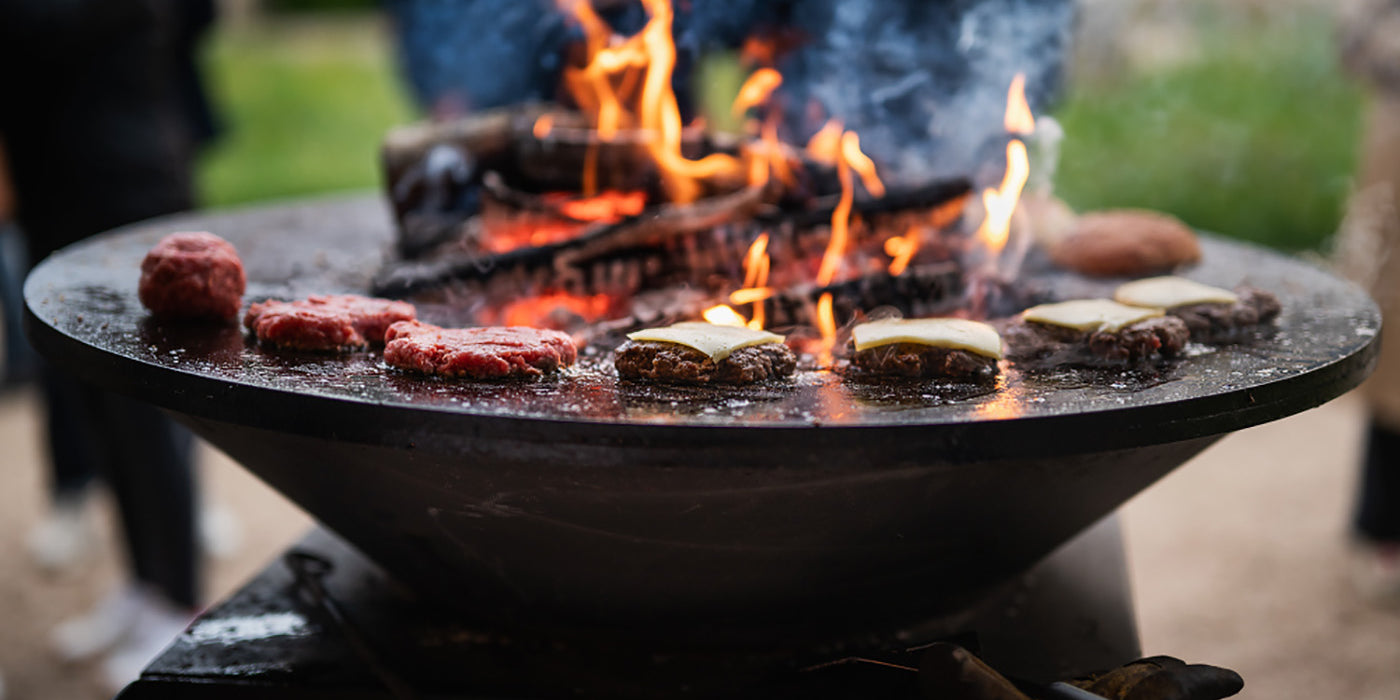When was the last time you bought meat in the supermarket? How much did you pay for it? Who did you pay? What are the intermediaries between the producer and yourself, the final consumer? And of the 10 euros paid for your bib, how much went to the farmer directly, excluding charges?

That's a lot of questions, of course, but we tend to avoid these questions and look away in favor of our plate, knowing without admitting that very often the origin of the meat in the supermarket remains not very transparent or even doubtful. . If you ask yourself these questions despite everything, you will quickly stop buying meat in supermarkets. And if you end up asking yourself this question on all your food, you will probably stop going to supermarkets.
It's easy to say that, of course. Getting supplies from local producers and bringing the short circuit to life requires some effort. The budget is a first obstacle. But above all, it takes time to do it. And it is at this precise moment that you realize the nonsense of the current system.
The money is not with the producers, overtaxed and burdened with standards to the point that they can hardly compete with the commercial giants. The money is with all these intermediaries who, under the pretext of adding a stone to the edifice of overconsumption, will gorge themselves on the way.

This article is not intended to deny the interest of intermediaries in general. It sometimes takes links to bring a product to the consumer, and in the same way that my agents in France take a percentage on each bottle sold, it is normal that each work is valued.
But is it quite normal that these secondary elements, which participate in the distribution and promotion of the product but not at all in its development and all the costs that this entails, is it quite normal that they reap more fruits from the sale than the producers ? And this very often while imposing ever lower prices, dragging down quality in spite of themselves and imposing an indecent production rate to satisfy the market in all its decadence?
We can also extend this logic of nonsense to other sectors. The first artists often generate more money for others than for themselves. Footballers themselves are more profitable for the industries to which they lend their image than for themselves, even by earning millions of euros.

These questions are all the more general as they are necessary in a world where a single farmer cannot live decently from his production. This is also why I joined a sales team in the company in 2018, out of the need to develop and keep control over my outlets and my intermediaries, to be sure that my products will not be distorted. by unnecessary and unscrupulous links.
It seems to me more than a priority today to review this global system, especially in a world in need of reconnecting with its territories in the climatic ordeal to come. This naturally involves a better redistribution of income to the people who work these territories, who want to maintain them, to perpetuate them. Peasants have always been responsible for the harmonization of man and nature in order to feed man. But this is not done without means, and it is not the sales people who will allow the preservation of agricultural land.
Thus, in a world where comfort and travel are the main sources of household expenditure, it is time to question our environment and realize that high-tech devices based on rare metals will not feed our children. . I campaign to get back to basics, and this naturally involves fairer spending on virtuous quality food products for everyone.

I will just conclude with this very (too) fair quote from Masanobu Fukuoka, one of the fathers of permaculture:
“The peasant does not realize that he has become only one factor in the equation of increasing the speed and efficiency of modern agriculture. He lets the farm equipment salesman do all the math for him.
So for the farmer in his work: serve nature and everything will be fine.
Agriculture is sacred work. When mankind lost its ideal, modern commercial agriculture arose.
When the peasant began to grow crops to make money he forgot the real principles of agriculture. »
Armand Heitz









